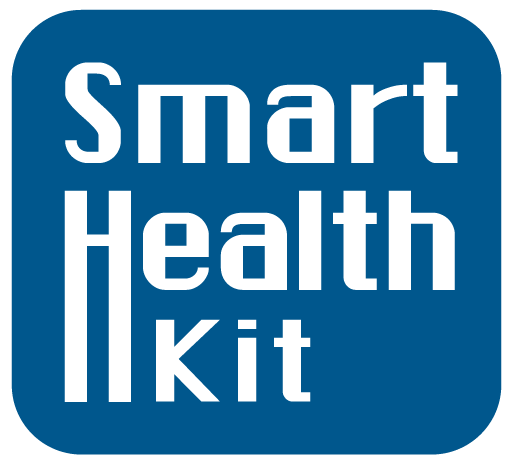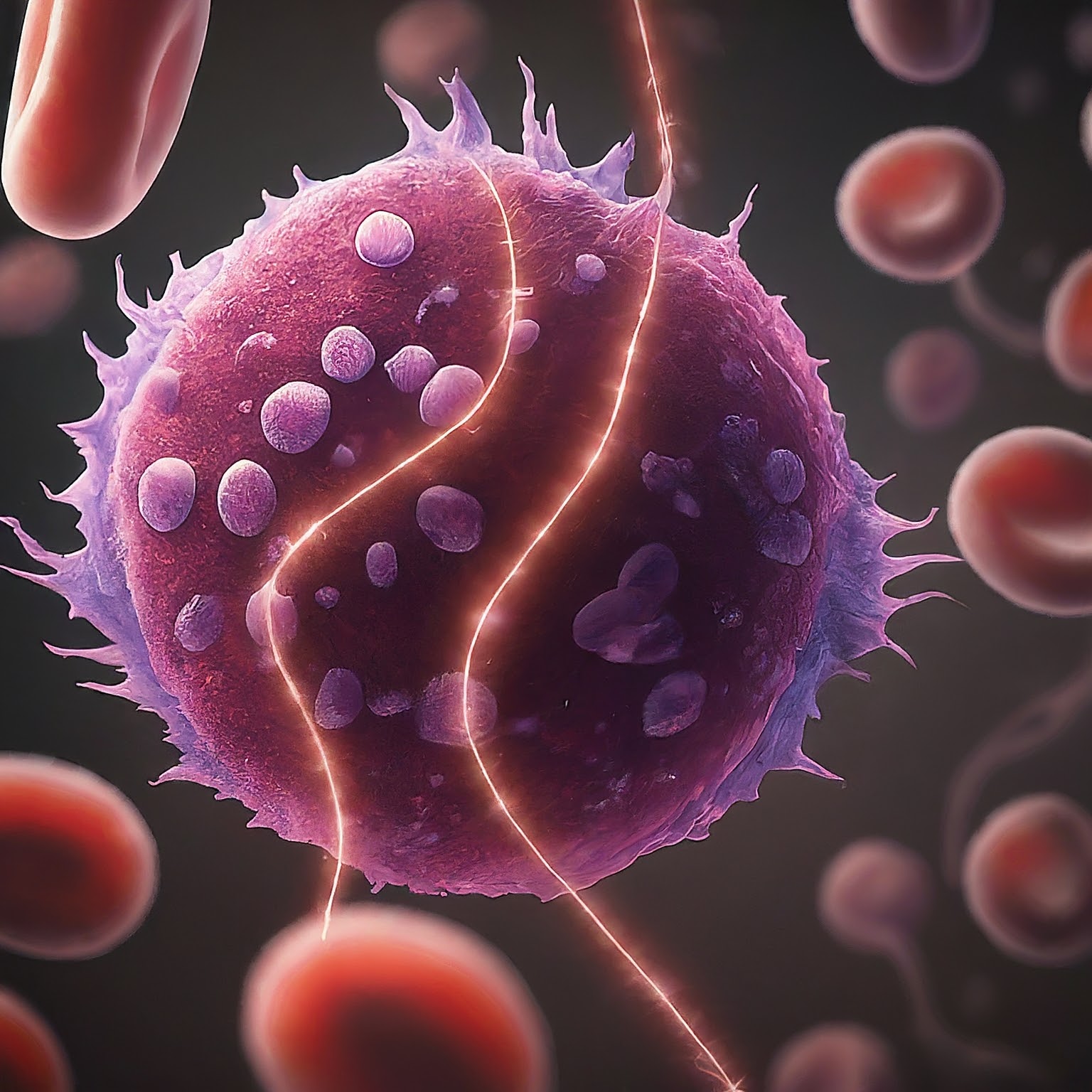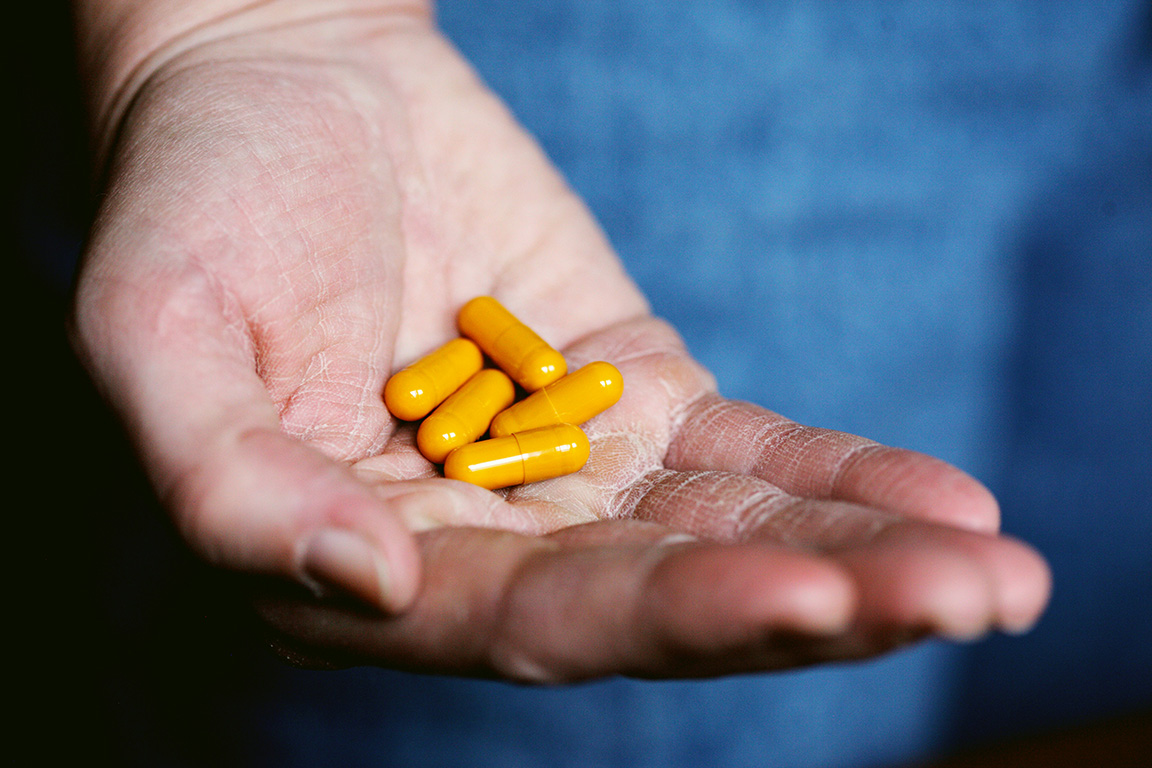Liquid biopsies, which analyze blood samples for traces of cancer DNA (ctDNA), hold immense promise for revolutionizing cancer care. Their minimally invasive nature offers advantages over traditional tumor biopsies, potentially allowing for earlier detection, easier monitoring, and personalized treatment choices. However, the sensitivity of liquid biopsies is often limited by the very low levels of ctDNA found in the bloodstream, especially during early cancer stages or in patients with small tumors.
Researchers at MIT and the Broad Institute may have found a groundbreaking solution to address this challenge. They have developed “priming agents” that dramatically increase the amount of ctDNA available for detection. Understanding the biological hurdles is key to appreciating the significance of this work:
The Challenge: Efficient Cleanup Our bodies are incredibly efficient at clearing out cellular debris. Specialized cells called macrophages within the liver and DNA-degrading enzymes (DNases) circulating in the bloodstream act like waste collectors, rapidly removing fragments like ctDNA.
Priming Agents: Disrupting the Cleanup Crew
- Liposomes: These nanoscale fat-covered particles mimic cell-free DNA. When injected, they flood the bloodstream, overwhelming the liver’s macrophages. This temporary distraction allows more ctDNA to remain in circulation.
- Antibodies: Scientists engineered antibodies to attach to ctDNA molecules, forming a protective shield. This armor prevents DNases from quickly breaking the ctDNA down.
Remarkable Results: In mouse experiments, both priming agents led to a massive, yet temporary, increase in ctDNA levels. This significant boost dramatically improved the ability of liquid biopsies to detect cancer, especially in cases where ctDNA was previously undetectable due to its scarcity.
The Path Forward: From Lab to Clinic This research is undoubtedly exciting, but it’s still in its early stages. Safety is a paramount concern; even temporarily disrupting the body’s natural waste disposal systems requires careful evaluation to ensure no unintended consequences. Technical challenges, such as optimizing liposome delivery and antibody stability, need to be addressed. The research team has founded a company to usher this technology forward, with a primary focus on clinical trials in humans.
This breakthrough has the potential to refine liquid biopsies for cancer treatment management. It could help doctors monitor how well patients respond to therapy and track whether cancer returns. Ultimately, it might even lead to the development of highly sensitive blood-based cancer screening tests, revolutionizing how we detect cancer in its earliest, most treatable stages.
Ref: https://www.cancer.gov/news-events/cancer-currents-blog/2024/liquid-biopsy-increase-ctdna-in-blood






